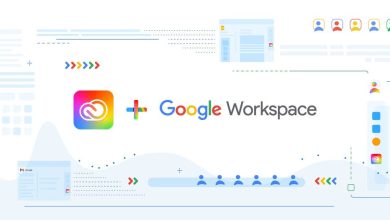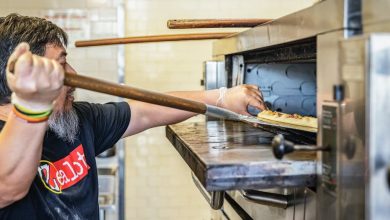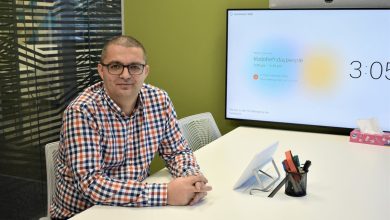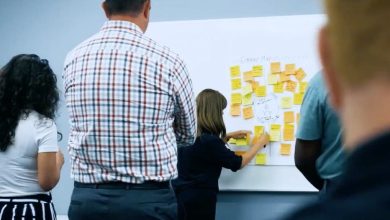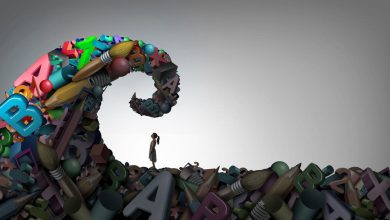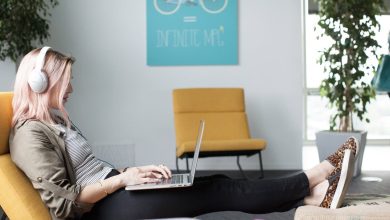Opportunity makes the difference
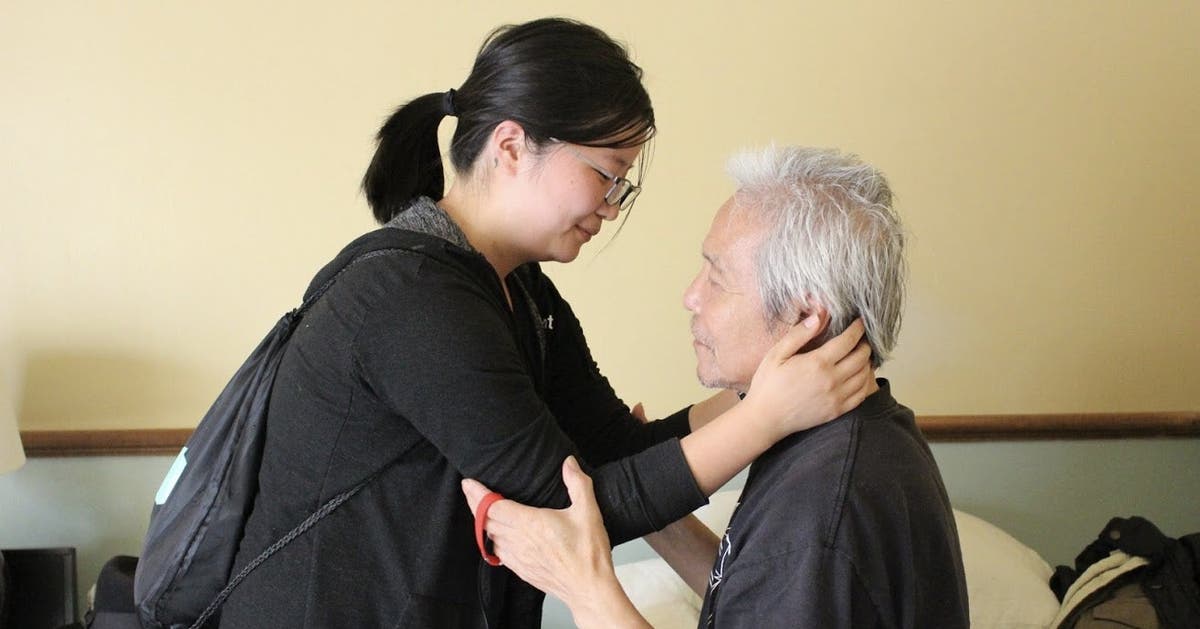
In recognition of Asian/Pacific Islander Heritage Month in May, Adobe is sharing perspectives from the Asian/Pacific Islander (API) community through the theme: Rising Together, to address how we can support, equip, and empower each other.
Melisa Im spent the first 10 years of her life in Argentina, and she always thought of herself as more Latina than Korean. Though her family did migrate from Korea to South America, that was before she was born.
When her family moved to the United States in 2003, however, “Suddenly I learned I was Asian,” Melisa said, and at times she felt like she was neither “Asian enough” nor “Latina enough.” And while others are often surprised that she speaks fluent Spanish, it has opened many doors and eventually led to her career at Adobe.
In the story she shared during the internal kickoff event for Asian/Pacific Islander Heritage Month, Melisa talked about moving to the United States, the struggles she and her family faced, and how we can all Rise Together.
We talked with Melisa to learn more about her story and how she has navigated others’ perceptions to find opportunity.
Contents
Why did you and your family decide to move the United States?
I was 10 when we moved to the US, and my dad told me that we were going on vacation, so I didn’t even know we were moving. I think the decision to come to the United States was made long before I was born. The United States was known as a beacon of freedom and a place where you could succeed if you worked hard enough, and my older family members on both sides were enamored with that idea.
Do you feel like you found success here?
Not immediately, but the feeling of success grew as opportunities became available. After high school, I was accepted to UC Berkeley, not fully understanding how this would be an asset to future success. And even though I initially struggled after college, I eventually found my way to Adobe.
My dad, however, moved back to Argentina when I went to college. I think he was just tired of the American lifestyle and the demoralizing work experiences he had here. He was a skilled, successful acupuncturist in Argentina, but he didn’t find the same success here because many consider it pseudo-medicine. I saw him struggling trying to find his way, he didn’t have many friends, so I knew he was not living his best life.
You talked about visiting your father in Argentina. What was that like?
It had been maybe 13 years since I’d been there. When I visited, my dad was living alone in a filthy house, and he was acting erratically. It was really scary. And at the time I thought he had PTSD or emotional trauma. He had always been the most charming man in the room, but he had become very quiet and borderline rude.
My family members encouraged me to bring him back the United States to help take care of him, but I was unsure how to do that. At the time, I lived in a two-bedroom apartment with a friend, and I could not afford our own apartment in the Bay Area. It was at that point I realized that in order to help my dad live comfortably (who was later diagnosed with early onset dementia), and gain some financial stability, I needed to learn a new profession.
How did you decide to become a software engineer, then?
I love puzzles and creativity. I started exploring web development on CodeCademy and freeCodeCamp, which helped me see this path could be for me. I applied to every scholarship, every loan, and every coding bootcamp, anything to help me afford this transition. Fortunately, I got accepted to the Adobe Digital Academy, which covered my full tuition and gave me a monthly stipend.
I was really grateful Adobe paid for the bootcamp. I also knew I had a job before the bootcamp ended, which was huge. If it hadn’t been for the scholarship, making this career transition would have been impossible at the time.
You talked about suddenly having a “dual identity” when you moved to the US. How did your experience in Argentina differ?
I didn’t think about race at all. When I was in Argentina, I just felt like another person. I think in the US there’s almost this normality around making assumptions based on race. People are often surprised that I speak Spanish, but it’s integral to my identity because it’s my language; it’s a part of me.
I embrace being me even if that person is not 100% Korean, not 100% Latina, and not 100% American. It’s limiting to wholly define ourselves by any single label when they don’t dictate who we are.
Are there any practical actions you recommend that people can take toward the goal of Rising Together?
The recent violence against those of API heritage fits into a larger pattern of violence against all people. The root cause is an overall lack of education, lack of economic prosperity, lack of diversified communities, lack of opportunity. So, I always ask how do we create a safer world for all people?
One small way is to be friends with people who are different from you. If certain spaces do not have people who differ from you, then question that. Learn. Listen. Expand the notion of what your social circle can be, what things are talked about, and how to be true allies and advocates.
At work, we can treat each other with kindness and compassion. That’s one of the big reasons I love working at Adobe. (My manager was incredibly supportive when I needed to take a leave of absence to be with my dad.)
We can be human and see the humanity in each other—in every facet of our lives.
Source : Adobe

